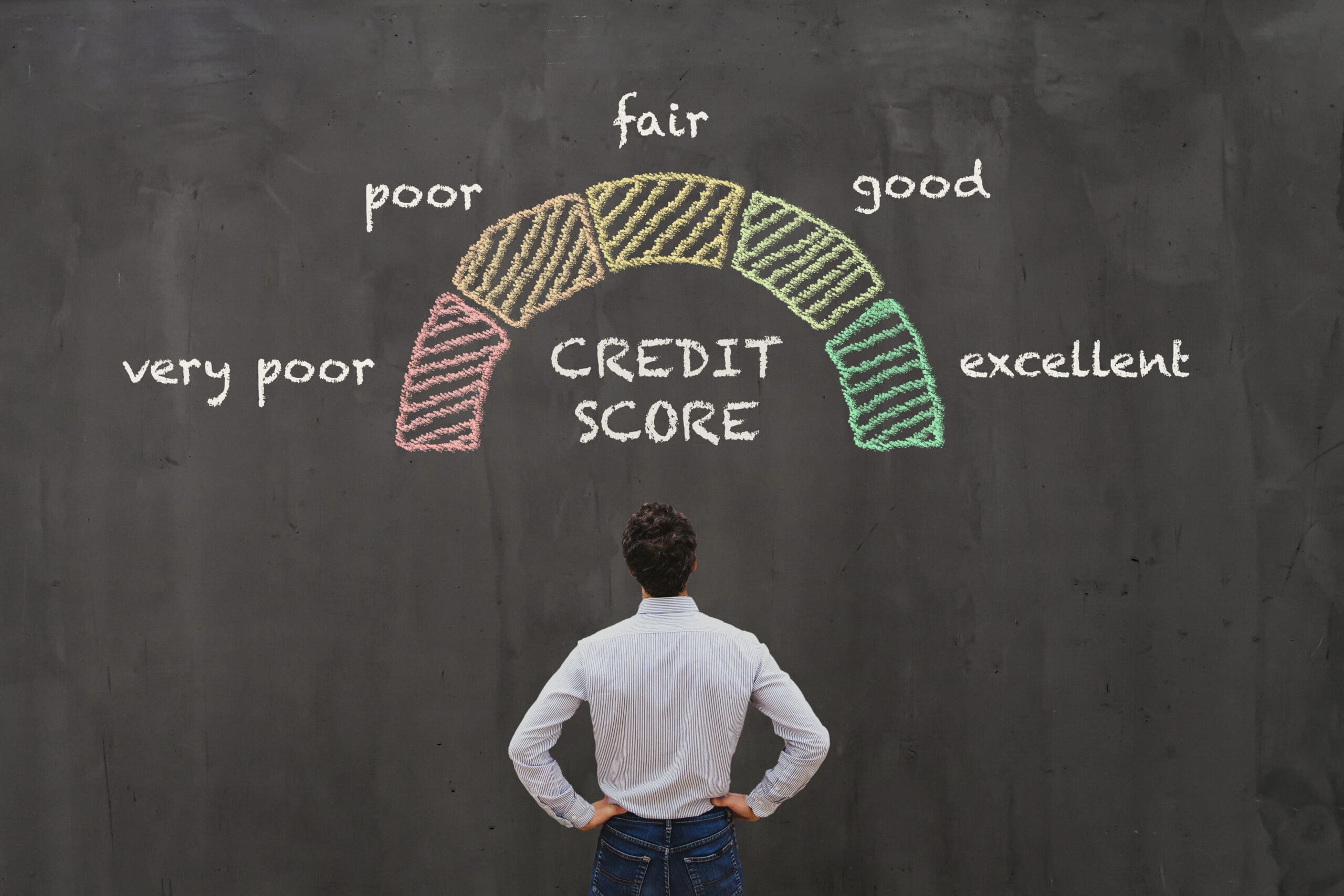
Tips to Fix a Bad Credit Score and Regain Financial Health
A poor credit score can make it challenging to secure loans, obtain favorable interest rates, or even rent an apartment. Fortunately, with diligence and commitment, you can take steps to repair and improve your credit score. Here are some valuable tips to help you fix a bad credit score and regain your financial health.
1. Check Your Credit Report Regularly:
The first step in addressing a bad credit score is to understand where you stand. Obtain free copies of your credit reports from the three major credit bureaus (Equifax, Experian, and TransUnion) through AnnualCreditReport.com. Review the reports for inaccuracies, errors, or fraudulent accounts. Dispute any discrepancies you find to have them corrected.
2. Pay Your Bills on Time:
Payment history is the most significant factor influencing your credit score, accounting for about 35% of the total. Consistently making on-time payments for all your bills, including credit cards, loans, and utilities, is essential for improving your credit score. Set up reminders, automatic payments, or use budgeting apps to help you stay on track.
3. Reduce Your Credit Card Balances:
High credit card balances relative to your credit limits can negatively impact your credit score. Aim to keep your credit utilization ratio (credit card balances divided by credit limits) below 30%. Reducing credit card debt by paying down balances can have a significant positive impact on your credit score.
4. Create a Budget and Stick to It:
Budgeting is a crucial step in improving your financial health and managing your debt. A well-structured budget helps you track your income, expenses, and debt payments. It also allows you to allocate funds strategically to pay down debt and make on-time payments.
5. Avoid Opening Too Many New Accounts:
Each time you apply for credit, a hard inquiry is added to your credit report, which can temporarily lower your score. Be cautious about opening new credit accounts unless necessary. Multiple new accounts within a short period may raise concerns for lenders and negatively affect your credit score.
6. Prioritize Paying Off Past-Due Accounts:
If you have past-due accounts or accounts in collections, address them promptly. Contact your creditors or collection agencies to discuss repayment options and negotiate payment plans if needed. Paying off these accounts will positively impact your credit score over time.
7. Consider Credit-Building Strategies:
If your credit history is limited or damaged, consider credit-building strategies. Secured credit cards, credit builder loans, and becoming an authorized user on a trusted friend or family member’s account can help establish or rebuild credit.
8. Be Patient and Persistent:
Improving a bad credit score takes time, and there are no quick fixes. Continue making on-time payments and managing your credit responsibly. Over time, the positive payment history will outweigh past negative marks on your credit report.
9. Seek Professional Help if Necessary:
If you’re overwhelmed by your financial situation or struggling to manage your debts, consider seeking assistance from a credit counseling agency. A credit counselor can help you develop a debt management plan and provide valuable financial guidance.
10. Avoid Closing Old Accounts:
Closing old credit card accounts can shorten your credit history, which can negatively impact your credit score. Keep your old accounts open, even if you’re not actively using them, to maintain a longer credit history.
In conclusion, repairing a bad credit score requires dedication and consistent financial discipline. By following these tips and managing your credit responsibly, you can gradually improve your credit score and regain financial stability. Remember that rebuilding your credit may take time, but the effort is well worth the improved financial opportunities that come with a higher credit score.